Batman’s Cape Should Always Be Drawn Like It’s Basically A Sentient Creature With Its Own Personality.
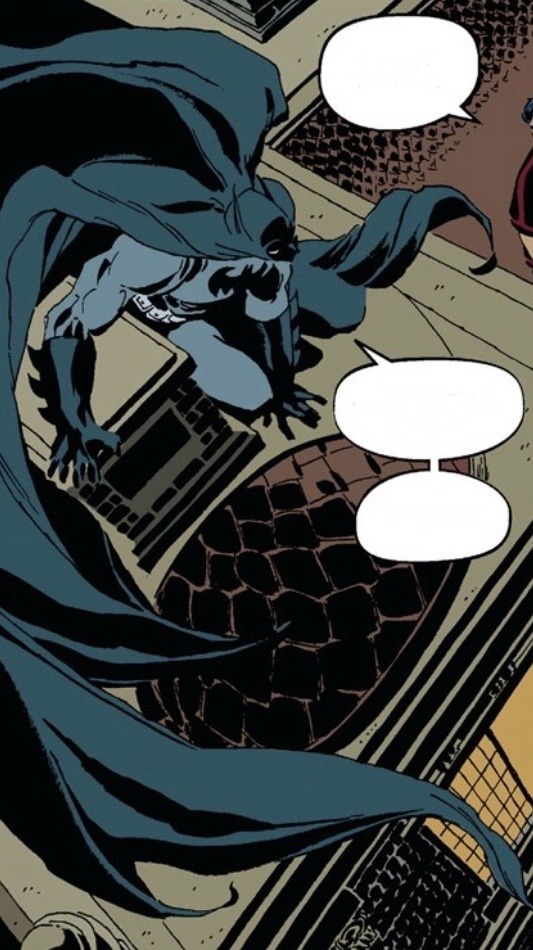

Batman’s cape should always be drawn like it’s basically a sentient creature with its own personality. Bruce is like “hnnn I want to be a Creepy Night Creature” and his cape is like “got it boss 🫡”
More Posts from Quiina and Others

quarantine
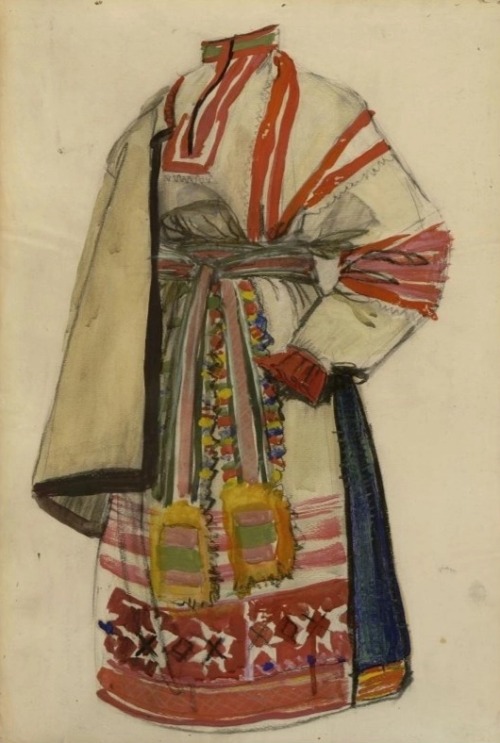





Sketches of Russian women's costumes (1965)
youve gotten a few asks about billford before, and your plans for ford's relationship with bill in your fic, but im curious if you personally ship it yourself/*like* it. and, just for the hell of it, if you have any opinion on billdip too, since that one's even more controversial.
I'm gonna put most of this under a cut since it's not only long, but also long about two different topics, but the tl;dr is:
Yeah, I'm a fan of billford. I don't think it's canon, inevitable, or necessary to their dynamic, and I'm still on the fence about whether things will tilt toward the romantic in my fic or if it'll stay platonic, but I do enjoy the ship a lot because it has a lot of (obsessive, weird, unhealthy, angsty) elements that interest me to explore in ships. Billdip, on the other hand, does nothing for me. I don't care about how people ship imaginary characters in their fictional fandoms and I'm not gonna block anybody for liking it, so this isn't a moral stance, here—I just don't like it personally.
One of the things that intrigues me most about a ship is the idea of love that's gone so far it isn't even love anymore but punched out the other side into unhealthy obsession, and "I'll spend the next thirty years of my life hunting you to death" versus "What if I turn you into a gold statue and carry you around to stare at you a lot" sure fit right into "unhealthy obsession." On top of that, some of my favorite ship dynamics are:
the worshiper and the person they've picked to revere as their god, either metaphorically or literally—with bonus points if the person they've devoted themself to doesn't deserve that worship and maybe isn't even all that special, and the worship actually reveals more about the mind of the lover than it does about the (un)divine nature of the beloved
the mad scientist and the muse who gives them ideas and inspires their work (one of my all-time OTPs has a line where the mad scientist says to his ex "we were each the muse to the other"), with bonus points if they both get so caught up in "what can we do together? What dreams can we make reality—" that they plunge into full "so preoccupied with whether or not they could, they didn't stop to think if they should" territory—and bonus bonus points if they eventually come out of the haze of SCIENCE and one of them is horrified by what they've done... but maybe the other one isn't.
two people who are wildly compatible with each other (similar hobbies, tastes, worldviews! they fill in the gaps in each other's personalities! they each happen to be the other's type! they understand each other like no one else can! whatever, fill in the blank!), but for some reason one betrayed the other, they've tried to kill each other, and now things are vicious and bloody and painful and raw between them; but if they talk to each other and accidentally let their guards down for even a split second, all that history is still there, they still like the same stupid movies and share the same stupid inside jokes no one else will ever understand and have the same stupid complementary life dreams, they could have been good for each other, but there's no road back to where they were before the betrayal. Their chemistry is like two huge magnets strapped to land mines: the attraction is as powerful as ever but heaven help them both if they ever touch.
or, alternatively, two people that have all that chemistry, but are just really toxic and do bad things when they're together and enable all each other's worst tendencies, even if they don't necessarily do bad things to each other; and they've got to navigate the fact that they might adore each other so much but they are objectively worse people when they're together.
I like ships with inhuman things. As a writer I like waxing romantic about the inhuman things and trying to convince the reader that yes, this too is beautiful and lovable when seen through the eyes of a lover. I will make you take the stupidest love interest seriously for five minutes. I've romanticized a sticky pile of goo, I've romanticized a robot spider, I've romanticized the concept of being a disembodied voice, I've romanticized a pteranodon made out of lava, and I'll romanticize a cyclopic gold-plated corn chip too, don't test me. Who better to adore a sentient triangle than a scientist-artist who sees the beauty in precise angles?
Depending on the headcanons and/or AUs you're working with, you can get all of these pretty darn easily out of Billford.
I like writing Ford as the awed naive intellectual, hungry for knowledge, for the secrets of the universe, for more, who was utterly dazzled and starstruck by this divinity who tantalized him with esoteric secrets—and who's been furious at Bill for thirty years for betraying him, hurting him, threatening his home and everyone he loves, but underneath all that also furious at him for not being what he advertised when he could have been that; and Bill, meanwhile, playing it cool, far too comfortable playing the role of faux god, but privately, secretly distraught that his favorite "student"—the one who takes Bill's "teachings" and gets creative and inventive with them, the one who always wanted to know more, not just about the universe but about Bill personally—his favorite student no longer worships him, doesn't even respect him, doesn't even see him as an equal, but looks at him like he's the scum of the universe, and Bill won't even admit that it bothers him but it's killing him that nothing he does can get his favorite to so much as smile at him again.
That's the dynamic in my head when I write them. You could play it as purely professional, a god disappointed to lose a worshiper like a boss disappointed to lose his best employee or a celebrity disappointed to lose the president of his fan club; or you could play it like platonic friendship, maybe a QPR; or you could play it like a romance. I like the zest added when you toss romance into this already nasty mess of emotions. I like capping off all that heartache with, "—and if things had turned out differently, maybe I would have taken your hand and traveled with you to the ends of eternity, if only you weren't [such a brutal heartless backstabbing piece of shit]/[unable to forgive a few white lies and some light torture]."
Billdip, on the other hand, does absolutely nothing for me. Not even just for the age reason—that does squick me out, but even if I try to look at it like "okay pretend he's aged up" or "stick it in an AU where they're both dumb kids having dumb kid crushes" I just, see nothing there. I don't even see anything there platonically. Like, legitimately—for the fic I'm working on, I've been trying to figure out what kind of dynamic/interactions they'd have beyond just "Dipper scowls at Bill a lot" and even on that level I've been struggling to think of something compelling between them. I look back on the fact that for a good few years billdip was the ship in the fandom and I go, "why? where's the meat? what do they do for each other?"
I'm forced to imagine that the ship must have been based on some combination of "fandoms naturally want to ship the everyman main character with the charismatic fun villain," "a bunch of teens with crushes on Bill were using Dipper as their self-insert stand-in," and "people assumed Bill wasn't lying when he said Dipper impressed him and didn't start revising that opinion until we got to see firsthand that he uses lines like that on everybody." It feels really uncharitable of me to the shippers to assume that their OTP is founded entirely on statistically average fandom trends and character misinterpretations rather than, like, y'know, traits actually present in the characters, so I'm taking it on faith that there's probably more to it than that and I just don't see it because it just ain't my jam.
When I do try to speculate harder on "how would I get them to interact with each other in a compelling way, like, just in a platonic sense?" my brain starts going "well, dipper's a nerd who's into the paranormal, he wants to know about mysterious things? maybe he's fascinated with bill as a mysterious thing? and maybe... idk, why would bill give a hoot about dipper—maybe bill takes advantage of that fascination, tempts him with more information, maybe he's amused by Dipper's curiosity about weird things—?" and that's usually about the point where I go "this is just, the way Bill and Ford met. This is the watered-down junior version of Bill and Ford's first few weeks." In trying to figure out what the heck Bill and Dipper would even talk about I keep accidentally recreating a less interesting version of Bill and Ford's dynamic.
I want and need Bill and Dipper to have an interesting character dynamic in this fic so being unable to come up with something that personally compels me has been actively frustrating me lmfao, but it does serve to illustrate my main point here: man, billdip does nothing for me so hard that I can't even see them platonically interacting.
I love this storyboard Bill 😭

if you ever feel safe just know… 😈
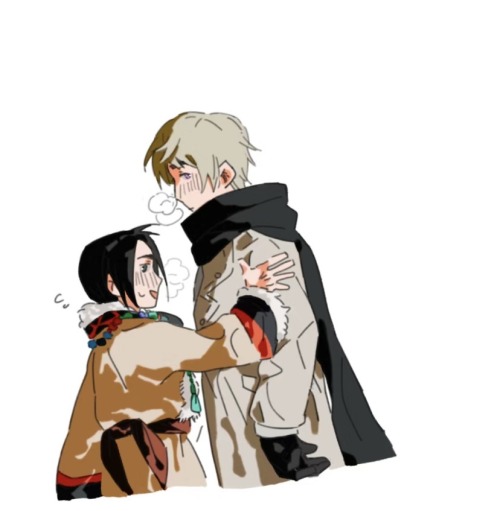


Performative Tibetan costumes (only in photostudio )
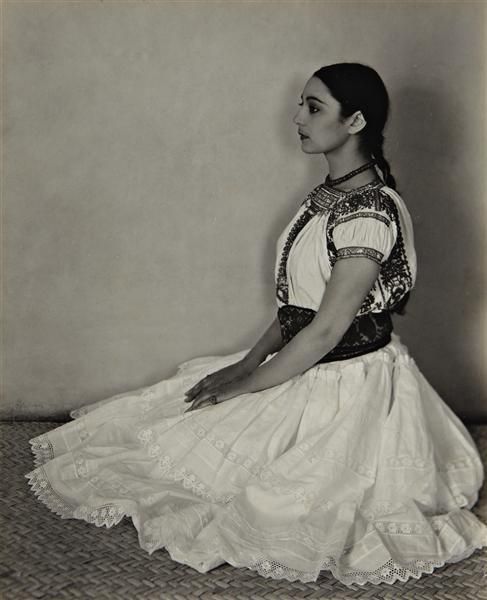
Edward Weston | Cholula Costume, circa 1926
Catalogue Essay:
In 1923 at the urging of his friend Roubaix de l’Abrie Richey and their shared lover Tina Modotti, Edward Weston left his family and moved to Mexico where he embarked on a new chapter in his career that would prove influential in directing the course of his photography. Whereas his earlier portraits adhere to many of the classic characteristics of 19th century portraiture- stoic poses, elaborate costumes, accessories reflective of the sitter- his Mexican period, as seen in lots 254, 255 and 257, illustrates his interest in incorporating elements of Modernism and experimenting with alternate methods and approaches to portraiture. In his first portraits in Mexico, Weston abandoned the studio setting and photographed his sitters against the backdrop of an overcast sky. Tightly cropping the images so that their faces dominated the full frame and shooting from a lower vantage point, gave the sitters a weight and monumentality atypical of the classic portrait. Collectively, Weston had come to refer to that body of work as “heads.” The Mexican writer Francisco Monterde Garcia Icazbalceta perceptively described them as “guillotine heads in the noon sun: unreal necks and martyred eyes in harsh, insolent light.” (Conger, n.p. fig 110/1923) By isolating the head from all context, Weston was able to capture uniquely intimate moments, ones that speak to, not only the disposition of the sitters, but even more to Weston’s personal relationships with them. When Weston met Diego Rivera at his first exhibition in Mexico in the fall of 1923, Rivera quickly became a champion of his work, drawn to the Modernist elements echoed in his own works.The two became close friends and Weston would go on to photograph both Rivera and his wife Guadalupe Marin de Rivera during his two years in Mexico. In Diego Rivera, Mexico, 1924 (Lot 255) one can see the admiration and respect that Weston had for his new friend; that Rivera looks down upon Weston with a jovial expression and Weston, in turn, literally looks up to Rivera, suggests a rapport reminiscent of a mentor with his mentee. Similarly, in Guadalupe Marin de Rivera, 1923 (Lot 257) Weston captures her mid-speech with her mouth agape. From Weston’s own writings of Guadalupe, this is perhaps the most appropriate manner for him to depict her as he wrote of his affection for her “strong voice, almost course, dominating.” But neither of these “heads” are quite as revealing as Tina with Tear, 1923 (Lot 254), which shows Modotti with a tear rolling down her cheek. The act of photographing someone, by its very nature, is an intimate act, but to do as that someone expresses vulnerability supposes an undeniable trust between the photographer and sitter. While Weston’s nudes of Modotti are far more intimate in a literal way, their chief concern lies within the formal qualities of her body. Here, by contrast, the camera nearly becomes transparent as we see Modotti not through a lens but through the adoring eye of her lover. In as much as Weston’s “heads” demonstrate his fascination with contemporary icons of Mexican art, such as Rivera and his wife, he was equally interested in the greater history of Mexican culture. In Cholula Costume (lot 256), Weston portrays the dancer and choreographer Rosa Covarrubias in native Mexican attire. In 1930 Rosa married Miguel Covarrubias, the renowned Mexican ethnologist, art historian, painter, caricaturist, and set and costume designer. Rosa and Miguel were close friends of Weston and Modotti, who taught Rosa photography. What Weston captured in his lens is not merely the “woman of great beauty and charm” as described by José Limón in his biography, but also a model of traditional Mexican culture, one that was researched and consequently introduced by Rosa and her husband to create a new era in contemporary Mexican dance.
US and UK bombing Yemen, a country with a famine that stopped some Israeli ships out of solidarity with Palestine. This world is losing its sanity





Umm..well.. IVAN CHEST PILLOW! GAHH

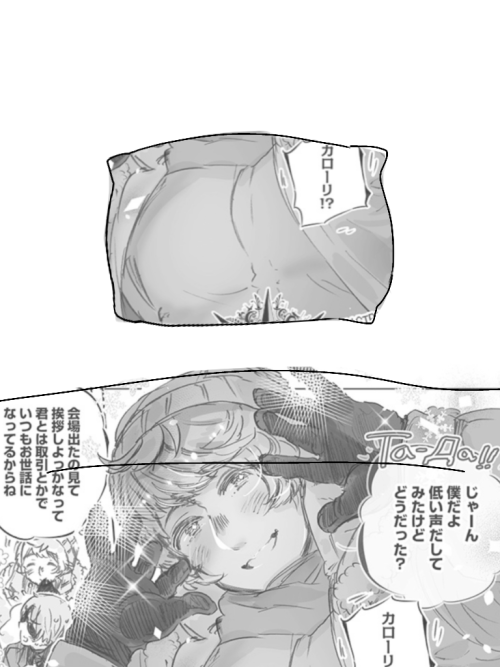
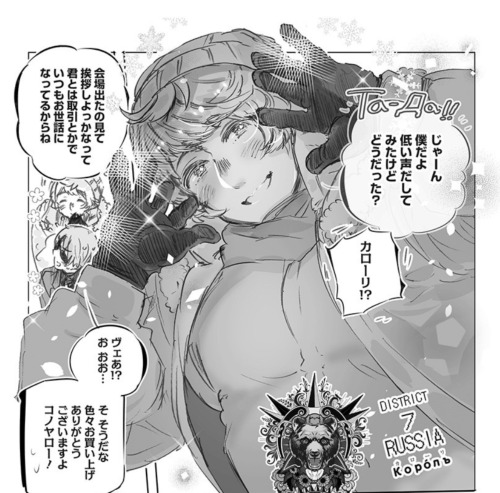

Thank you Yemen 🇾🇪
Despite being one of the poorest countries in the world, they showed more empathy than those so-called civilized developed countries.
-
 elieghnheart liked this · 1 month ago
elieghnheart liked this · 1 month ago -
 angelicweapon555 liked this · 1 month ago
angelicweapon555 liked this · 1 month ago -
 mournthedead liked this · 1 month ago
mournthedead liked this · 1 month ago -
 lovesixkbat liked this · 1 month ago
lovesixkbat liked this · 1 month ago -
 necropolitan-fairy liked this · 1 month ago
necropolitan-fairy liked this · 1 month ago -
 superpika1of4 reblogged this · 1 month ago
superpika1of4 reblogged this · 1 month ago -
 bulldykebane reblogged this · 2 months ago
bulldykebane reblogged this · 2 months ago -
 dehydratedcryptid liked this · 2 months ago
dehydratedcryptid liked this · 2 months ago -
 shiirun liked this · 2 months ago
shiirun liked this · 2 months ago -
 nwidifhjksodckf reblogged this · 2 months ago
nwidifhjksodckf reblogged this · 2 months ago -
 nightisonlynight reblogged this · 3 months ago
nightisonlynight reblogged this · 3 months ago -
 bearaphinabutt liked this · 3 months ago
bearaphinabutt liked this · 3 months ago -
 nokana liked this · 3 months ago
nokana liked this · 3 months ago -
 vukiliamoon liked this · 3 months ago
vukiliamoon liked this · 3 months ago -
 mx-heinous reblogged this · 3 months ago
mx-heinous reblogged this · 3 months ago -
 guycoolguy liked this · 4 months ago
guycoolguy liked this · 4 months ago -
 sammythetoaster liked this · 4 months ago
sammythetoaster liked this · 4 months ago -
 holycontinuitybatman reblogged this · 4 months ago
holycontinuitybatman reblogged this · 4 months ago -
 nerdling42 liked this · 4 months ago
nerdling42 liked this · 4 months ago -
 babypeachflowerhumanoid liked this · 4 months ago
babypeachflowerhumanoid liked this · 4 months ago -
 nexxxii liked this · 5 months ago
nexxxii liked this · 5 months ago -
 frankie-moon3 liked this · 5 months ago
frankie-moon3 liked this · 5 months ago -
 qu33rcommunist liked this · 5 months ago
qu33rcommunist liked this · 5 months ago -
 llllllllllllllllllllllllll5 liked this · 5 months ago
llllllllllllllllllllllllll5 liked this · 5 months ago -
 narcissusprime liked this · 5 months ago
narcissusprime liked this · 5 months ago -
 someothershadeofpink liked this · 5 months ago
someothershadeofpink liked this · 5 months ago -
 delphissoracle liked this · 5 months ago
delphissoracle liked this · 5 months ago -
 its-your-mind reblogged this · 5 months ago
its-your-mind reblogged this · 5 months ago -
 somethingletterswords liked this · 5 months ago
somethingletterswords liked this · 5 months ago -
 a-genuine-threat-to-cephalopoda reblogged this · 5 months ago
a-genuine-threat-to-cephalopoda reblogged this · 5 months ago -
 a-genuine-threat-to-cephalopoda liked this · 5 months ago
a-genuine-threat-to-cephalopoda liked this · 5 months ago -
 whitetiger94things liked this · 5 months ago
whitetiger94things liked this · 5 months ago -
 just-an-aussie-fandom-hermit reblogged this · 5 months ago
just-an-aussie-fandom-hermit reblogged this · 5 months ago -
 deliciousstewandrink17 liked this · 5 months ago
deliciousstewandrink17 liked this · 5 months ago -
 aestheticsmore liked this · 5 months ago
aestheticsmore liked this · 5 months ago -
 brittany-333 liked this · 6 months ago
brittany-333 liked this · 6 months ago -
 always4urowngood liked this · 6 months ago
always4urowngood liked this · 6 months ago -
 echotalia reblogged this · 6 months ago
echotalia reblogged this · 6 months ago -
 echotalia liked this · 6 months ago
echotalia liked this · 6 months ago -
 multifandomgenius-blog reblogged this · 6 months ago
multifandomgenius-blog reblogged this · 6 months ago -
 stalkerofstuff liked this · 6 months ago
stalkerofstuff liked this · 6 months ago -
 wraith-burrdee liked this · 6 months ago
wraith-burrdee liked this · 6 months ago -
 distinguishedsaladfreakcop liked this · 7 months ago
distinguishedsaladfreakcop liked this · 7 months ago -
 gaylife-and-videogames reblogged this · 7 months ago
gaylife-and-videogames reblogged this · 7 months ago -
 burdened-with-glorious-pastries reblogged this · 7 months ago
burdened-with-glorious-pastries reblogged this · 7 months ago -
 worldweaverofmediocrity liked this · 7 months ago
worldweaverofmediocrity liked this · 7 months ago -
 dragon-enjoyer liked this · 7 months ago
dragon-enjoyer liked this · 7 months ago -
 thebrainvoid reblogged this · 7 months ago
thebrainvoid reblogged this · 7 months ago -
 pengquinsstuff liked this · 7 months ago
pengquinsstuff liked this · 7 months ago

Sorry for my bad english ;_; | Sometimes i'm obsessed with Undertale and sometimes with Dragon Ball/
171 posts
